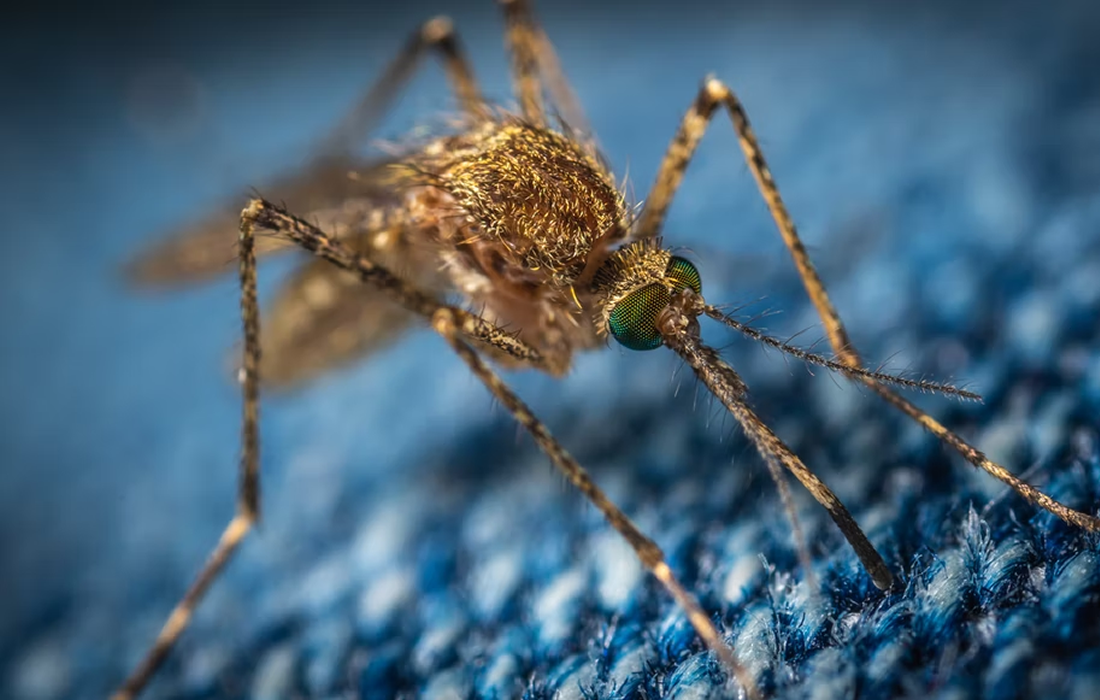Regenerative Medicine News and General Information
Viruses Can Make You More Attractive to Mosquitoes
According to a recently published study, Zika and Dengue fever viruses alter the scent of mice and humans they infect, making them more attracted to bite the host.
Dengue viruses are spread to people through the bite of an infected Aedes species mosquito. Almost half of the world’s population, about 4 billion people, live in areas with a risk of dengue. It causes fever, rash, painful aches, and sometimes hemorrhage and death. More than 50 million dengue cases occur every year, and about 20,000 deaths, most of them in children, according to the National Institutes of Health (NIH).
Zika on the other hand is another mosquito-spread viral disease in the same family as dengue. It does not commonly cause serious disease in adults but is known to cause serious birth defects in the unborn children of infected pregnant women.
Virus Manipulate Host Skin Microbiome to Attract More Mosquitoes
For the study, the team tested whether mosquitoes showed a preference for infected mice, and indeed, when mosquitoes were offered a choice of healthy mice or mice sick with dengue, they were more attracted to the dengue-infected mice.
They analyzed the smelly molecules on the skin of infected and healthy mice and found several molecules that were more common in infected animals. Then, they applied the molecules to both clean mice, and the hands of human volunteers, and found that one of the molecules, called acetophenone was especially attractive to mosquitoes.
The same happened in humans infected with dengue. They had an increased concentration of acetophenone and mosquitoes were more attracted to them.
Acetophenone is made by Bacillus bacteria in human and mouse skins. The researchers found that patients infected with Zika and dengue had a decreased production of an antimicrobial peptide that normally decreases the proliferation of this bacteria.
The virus can apparently manipulate their host skin microbiome to attract more mosquitoes, increasing the spread.
Lastly, the researchers tested if they can do something to prevent this to happen, and gave mice infected with dengue a vitamin A derivative, isotretinoin, which is commonly used to treat acne. The mice treated with isotretinoin had a decreased production of acetophenone, reducing their attractiveness to mosquitoes.
The team will try to reproduce their findings in more real-world conditions to see if this happens as well.
Source:
University of Connecticut. “Some viruses make you smell tastier to mosquitoes: Dengue and Zika viruses alter the microbiome in both mice and humans to attract mosquitoes and spread to new hosts.” ScienceDaily. ScienceDaily, 30 June 2022. <www.sciencedaily.com/releases/2022/06/220630114511.htm>.
https://www.cdc.gov/dengue/index.html
Image from:
Photo by Егор Камелев on Unsplash

